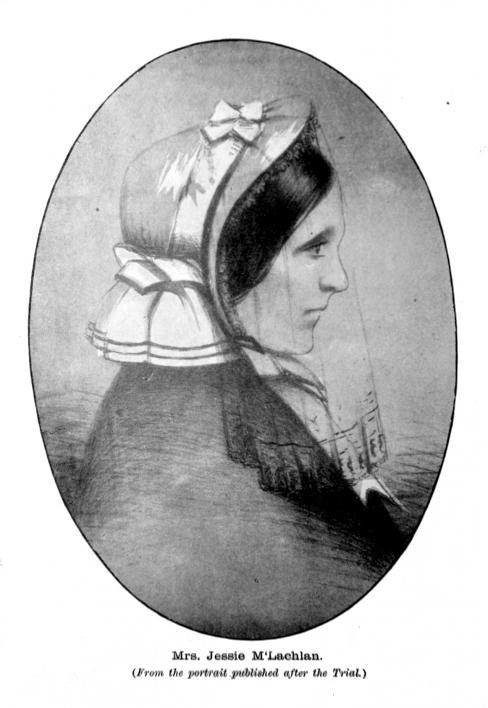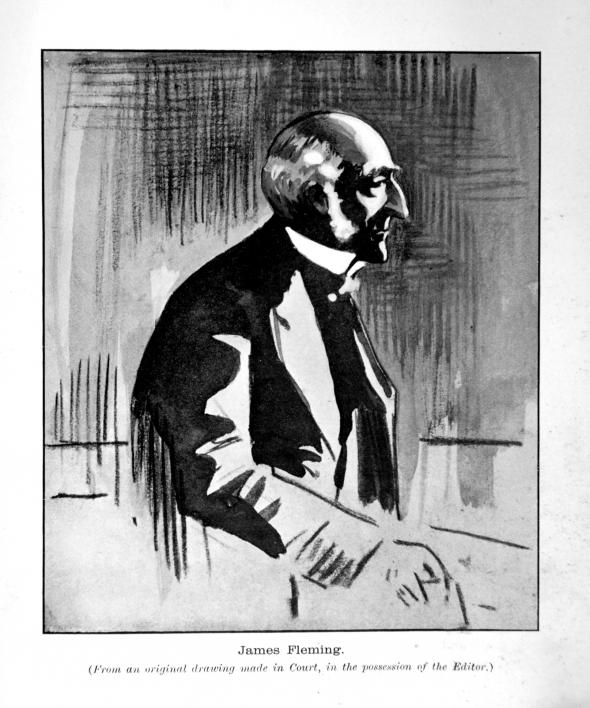Outgoing ASU West dean leaves legacy of interdisciplinary collaboration

Outgoing ASU West campus Dean Marlene Tromp is handing over a strong legacy. Under her guidance, the campus has added an interdisciplinary forensics major, launched a cybersecurity initiative and created mentoring programs to serve first-generation college students.
Her successor, Todd Sandrin, is looking forward to building on Tromp’s accomplishments, even as there’s one role he probably won’t be able to fill: international, Victorian-era sleuth.
Tromp, forensic scientist Kimberly KobojekKimberly Kobojek is a clinical associate professor in the New College of Interdisciplinary Arts and Sciences’ School of Mathematical and Natural Sciences. and students in a class called “Murder Most Foul” cracked a murder case three years ago that had baffled investigators for decades in the late 1800s after a maid was accused of hacking her friend to death with a hatchet.
“Basically,” Tromp said, “they threw up their arms like, ‘We don’t know who did this crime. We just don’t know.’”
The case, Tromp says, shows how social bias can muddle criminal justice, making it practical even today, and it features prominently in her latest book, “Intimate Murderer,” which is under review.
Tromp, currently vice provost and head of ASU’s Glendale-based New College of Interdisciplinary Arts and Sciences, will step into her role as campus provost and executive vice chancellor at the University of California, Santa Cruz, on June 1. She’ll take her expertise in Victorian England and belief in interdisciplinary studies along with her.
“A big part of the idea” behind the “Murder Most Foul” course, which involved English history, forensic science and cultural studies, “was how do we help people be better critical thinkers?” she said.
“And that’s actually what an interdisciplinary college does so beautifully, because what we’re saying is you really can’t understand the science unless you understand social sciences, and humanities, and arts. You have to understand all these things together … because that’s what people are failing to do in a lot of these cases.”
Tromp referenced the trials involving Jodi Arias, Casey Anthony and O.J. Simpson as similar to the 150-year-old Sandyford case in which Jessie McLachlan was accused, in that the public had a hard time processing cultural expectations together with evidence.
Without discussing the verdicts in those modern cases, Tromp said that justice wasn’t served in the 1862 hatchet attack.
Throughout the semester, Tromp and Kobojek examined with their students both the scientific and social aspects involved in the slaying of Scottish maidservant Jessie McPherson.
From the beginning, McLachlan was a suspect, Tromp said. Society’s inability, however, to conceive of a woman committing a brutal hatchet murder led to public outcry. McLachlan’s death sentence was reduced to 20 years in prison. And McPherson’s employer, James Fleming, who was nearly 90 years old at the time of his maid’s death, was rumored to have been the real killer — even though, as Tromp and Kobojek concluded, all forensic evidence pointed to McLachlan.
“Kim was able to use her forensic experience and knowledge, and I was able to use my cultural experience and knowledge, and we were able to say there’s this social component that made it hard for people to imagine [the female suspect] as a murderer,” Tromp said.
Fleming’s last words were reported to have been, “I may have been a sinner, but I didn’t kill the woman.”
McLachlan, meanwhile, went back and forth throughout her 20 years in prison between confessing and denying the crime.
“That was how the case was left,” Tromp said.
In “Intimate Murder,” Tromp examined eight separate but similar cases, both contemporary and from the 19th century.
“What I really wanted to do with this book is challenge people to think in more complex ways about cases that they think they already know and understand,” she said, “because I think that we actually have the power to become better critical readers of our culture and to be better at creating justice in the world. We can create justice more effectively if we can understand where we have our own stumbling blocks.”
Arias was convicted in the death of her boyfriend, who was found in the shower of his Mesa home. She has said it was an act of self-defense. Anthony was accused and acquitted of killing her 2-year-old daughter. Simpson was accused and acquitted in the deaths of his ex-wife and her friend.
Tromp has been with ASU since 2011 and has served as the dean of New College since 2013. She is the author of “Altered States: Sex, Nation, Drugs, and Self-Transformation in Victorian Spiritualism” (SUNY 2006); “The Private Rod: Sexual Violence, Marriage, and the Law in Victorian England” (UP Virginia 2000); and more than 20 essays and chapters on 19th-century culture.
Sandrin, meanwhile, came to ASU in 2008 and three years later founded New College Undergraduate Inquiry and Research Experiences. His research resides at the intersection of microbiology and chemistry, and he has optimized technology to identify microbes.
“We will miss her terribly,” Sandrin said of Tromp. “She has been a truly tireless advocate for our students and built partnerships and pathways that are going to allow us to do great things in the future, have more engagement with the community, and certainly grow ASU at West campus and far beyond.”
More Law, journalism and politics
Can elections results be counted quickly yet reliably?
Election results that are released as quickly as the public demands but are reliable enough to earn wide acceptance may not always be possible.At least that's what a bipartisan panel of elections…
Spring break trip to Hawaiʻi provides insight into Indigenous law
A group of Arizona State University law students spent a week in Hawaiʻi for spring break. And while they did take in some of the sites, sounds and tastes of the tropical destination, the trip…

LA journalists and officials gather to connect and salute fire coverage
Recognition of Los Angeles-area media coverage of the region’s January wildfires was the primary message as hundreds gathered at ASU California Center Broadway for an annual convening of journalists…




